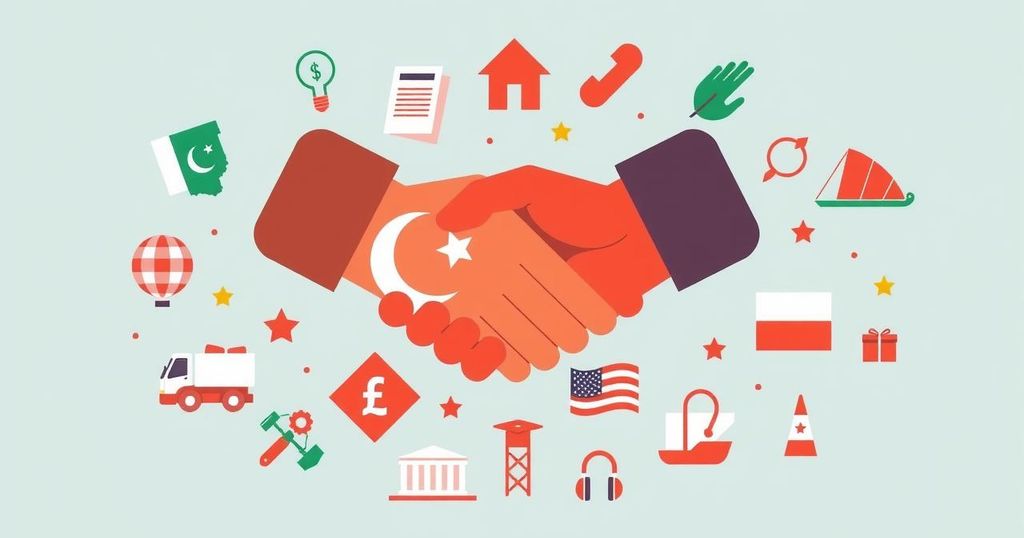International Civil Society Calls for Action Against Ethnic Targeting in Sudan
A coalition of 21 international civil society organizations urges the Sudanese Armed Forces to cease ethnically motivated violence against agricultural workers in El Gezira. Their statement details human rights abuses, including killings and the destruction of communities known as Kanabi. They call for global intervention and accountability for those responsible to prevent potential genocide against targeted ethnic groups.
In a significant development, 21 international civil society organizations have collectively urged the Sudanese Armed Forces (SAF) and affiliated militias to cease violent acts targeting ethnic groups in El Gezira state. Their plea highlights ongoing issues of ethnically motivated killings, enforced disappearances, and the destruction of agricultural camps that have impacted communities originating from Darfur and Kordofan, who have farmed the land since the early 1920s.
The organizations issued a statement drawing global attention to the severe human rights violations occurring in the agricultural camps known as Kanabi. These camps, primarily populated by non-Arab ethnic groups from western and southern Sudan, have faced heightened violence recently, with increasing threats to their safety and existence. They hope to amplify awareness about the urgent plight of residents who have suffered rampant abuses against humanitarian law.
The situation in Kanabi has escalated, with reports of increased attacks resulting in the deaths, displacement, and suffering of numerous agricultural workers. As highlighted in their statement, the violence bears hallmarks of an ethnic cleansing campaign, affecting a wide array of ethnic groups like the Tama, Masalit, and Fur, who were historically encouraged to settle in El Gezira under British colonial rule.
The organizations stressed the enormity of the potential victimization, estimating that millions could be targeted due to their ethnic origins. They cited alarming figures, indicating the destruction of at least 160 camps since January 2025, with reports of rampant looting of livestock, crops, and personal property, exacerbating the humanitarian crisis faced by the survivors who have been forced to seek refuge elsewhere.
The coalition called for accountability, urging both the African Union and the United Nations to intervene by assessing the ongoing violence against these communities. They implored these agencies to consider the implications of such grave violations, which could lead to genocide if not promptly addressed. The civil society group demands that the security forces halt all aggressive actions against these camps, holding accountable those responsible for the crimes, and ensuring protection for all Sudanese citizens without discrimination.
Additionally, the organizations advocated for the arrest of individuals propagating hate speech and ethnic violence to mitigate the ongoing conflict. Requests have been made for the SAF and Sudan Shield Forces to respond to these allegations, as previous inquiries have often elicited silence regarding military operations from involved parties.
In conclusion, the joint plea from 21 international civil society organizations highlights the urgent need for actions to end ethnic targeting and violence in Sudan’s El Gezira state. The call for accountability, protection of victims, and intervention from global entities like the African Union and United Nations underscores the severity of human rights violations in the region. The continuation of these abuses not only threatens the lives of countless individuals but carries the risk of escalating into broader ethnic cleansing or genocide if not addressed immediately.
Original Source: www.dabangasudan.org




Post Comment